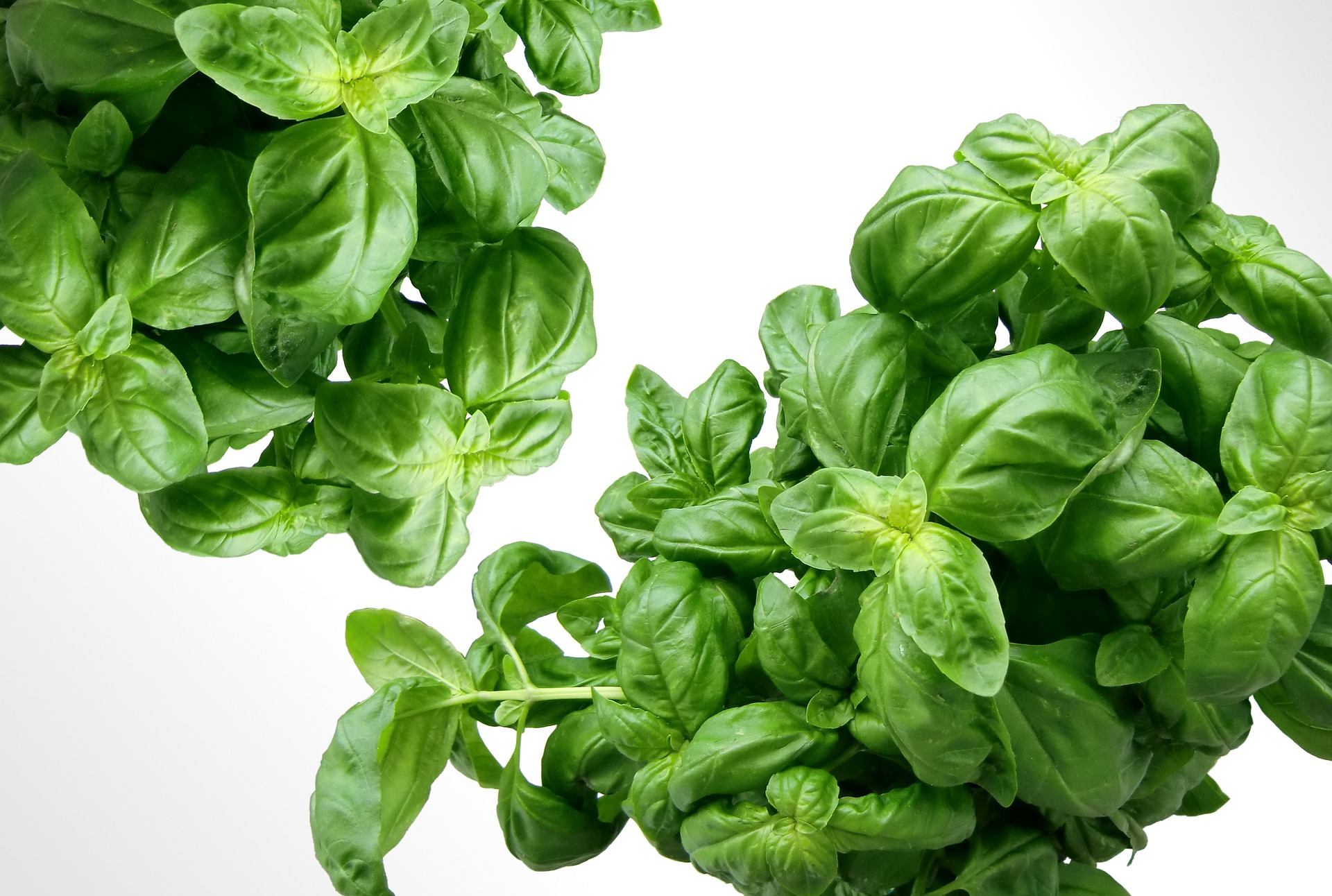Have you ever heard of herbs high in magnesium? Magnesium is an essential mineral that we can’t produce ourselves. It plays a vital role in cell functioning and communication, especially in our hearts, muscles, and nerves. Our bodies need it to regulate calcium and potassium levels and energy production – making it a key nutrient for overall health.
Thankfully, there are plenty of delicious herbs with great amounts of magnesium that many people grow in the garden or cook with regularly. In this list, we will discuss 10 herbs that are particularly high in magnesium and how they can be included as part of a regular diet.
What is the Role of Magnesium in our Body?
Magnesium is an essential mineral for the body that helps to facilitate over 300 biochemical processes in the body. It’s involved in energy metabolism, muscle function, and nerve transmission. This mineral can be found in many green leafy vegetables like spinach, legumes, nuts, and seeds, soy products like tofu, and also in some dairy foods.
In addition to these dietary sources, we also absorb magnesium through our skin when taking hot baths or showers. It’s suggested that adults aim for at least 400 mg of magnesium per day, and some studies have even shown potential benefits beyond just fulfilling basic physiological needs.
For example, certain types of low-grade inflammation have been shown to respond well to higher levels of magnesium supplementation potentially. Moreover, taken regularly, it can help improve sleep quality and certain aspects of mental health.
10 Herbs High in Magnesium
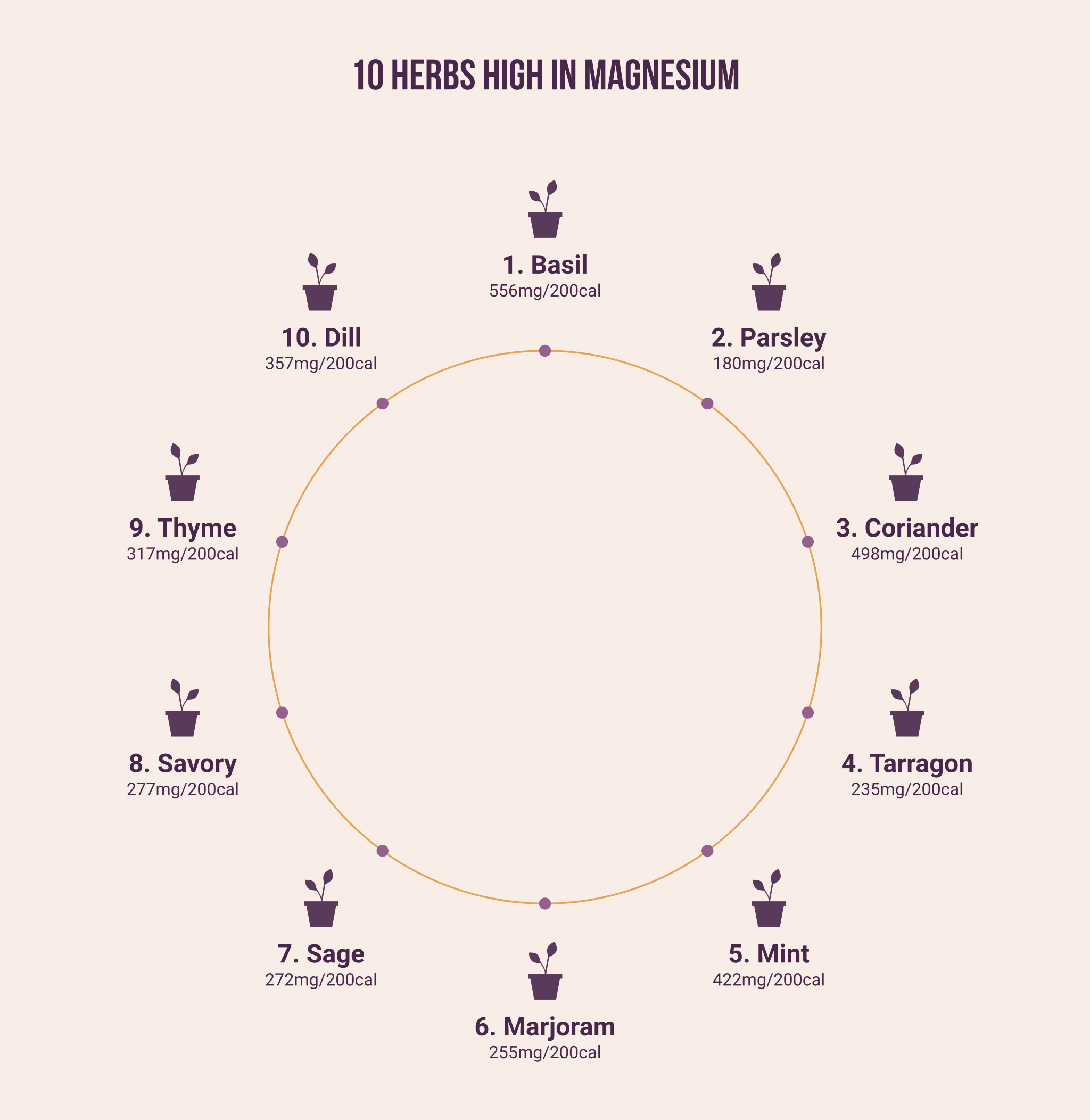
Dairy foods and vegetables are not the only sources of magnesium. Herbs also count as a wonderful source of this essential mineral. Here is a list of 10 herbs that contain high levels of magnesium:
1. Basil
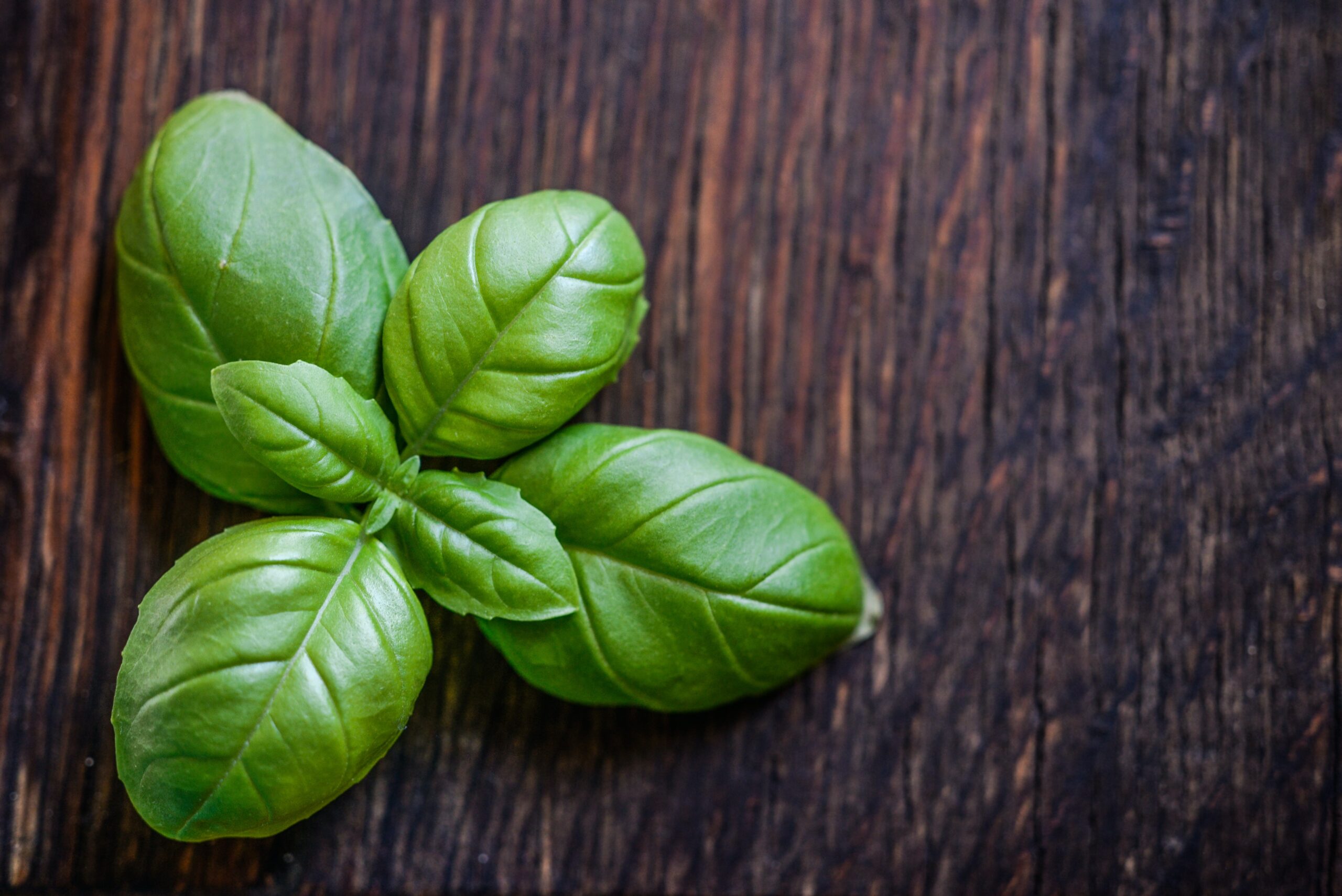
Basil is a potent herb that has numerous health-boosting benefits. It’s unique flavor is appreciated in many dishes around the world, but did you know it’s also incredibly rich in minerals like magnesium? Known as a “superfood,” this herb contains 556 mg of magnesium per 200 cal – more than any other green leafy vegetable.
Magnesium is known to be an energy booster and helpful for the nervous system. Plus, it plays a hand in reducing fatigue and anxiety, among other health benefits. In addition to its efficacy in containing large amounts of magnesium, basil offers plenty of other nutrients such as iron, calcium, vitamin C and vitamin A that support a range of bodily functions from immunity enhancement to reduced inflammation.
So don’t hesitate to sprinkle some delicious basil in your dishes! It’s not only tasty but an easy way to get all the nutrients your body needs!
2. Parsley
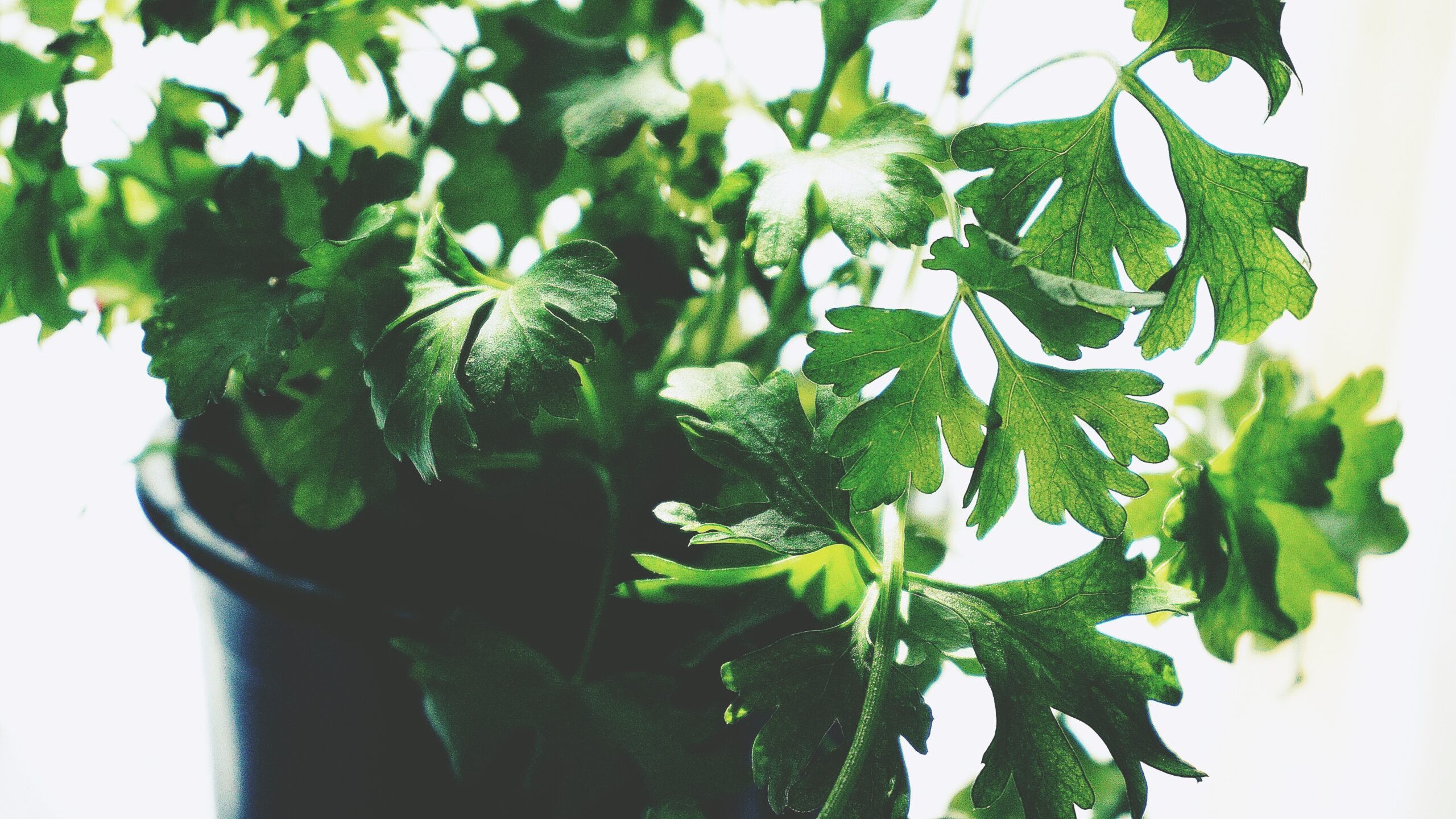
Parsley is an often overlooked herb, but its nutritional benefits should not be ignored. Moreover, parsley is a great source of magnesium, with a single tablespoon offering 12% of the recommended daily value. This essential mineral helps convert food into energy and plays an important role in muscle function and relaxation.
In addition, parsley boasts vitamin D, which is crucial for proper blood clotting and muscle health, as well as Vitamin A for eye health and powerful antioxidants. Plus, it also contains smaller amounts of calcium and iron which are vital to your health.
3. Coriander
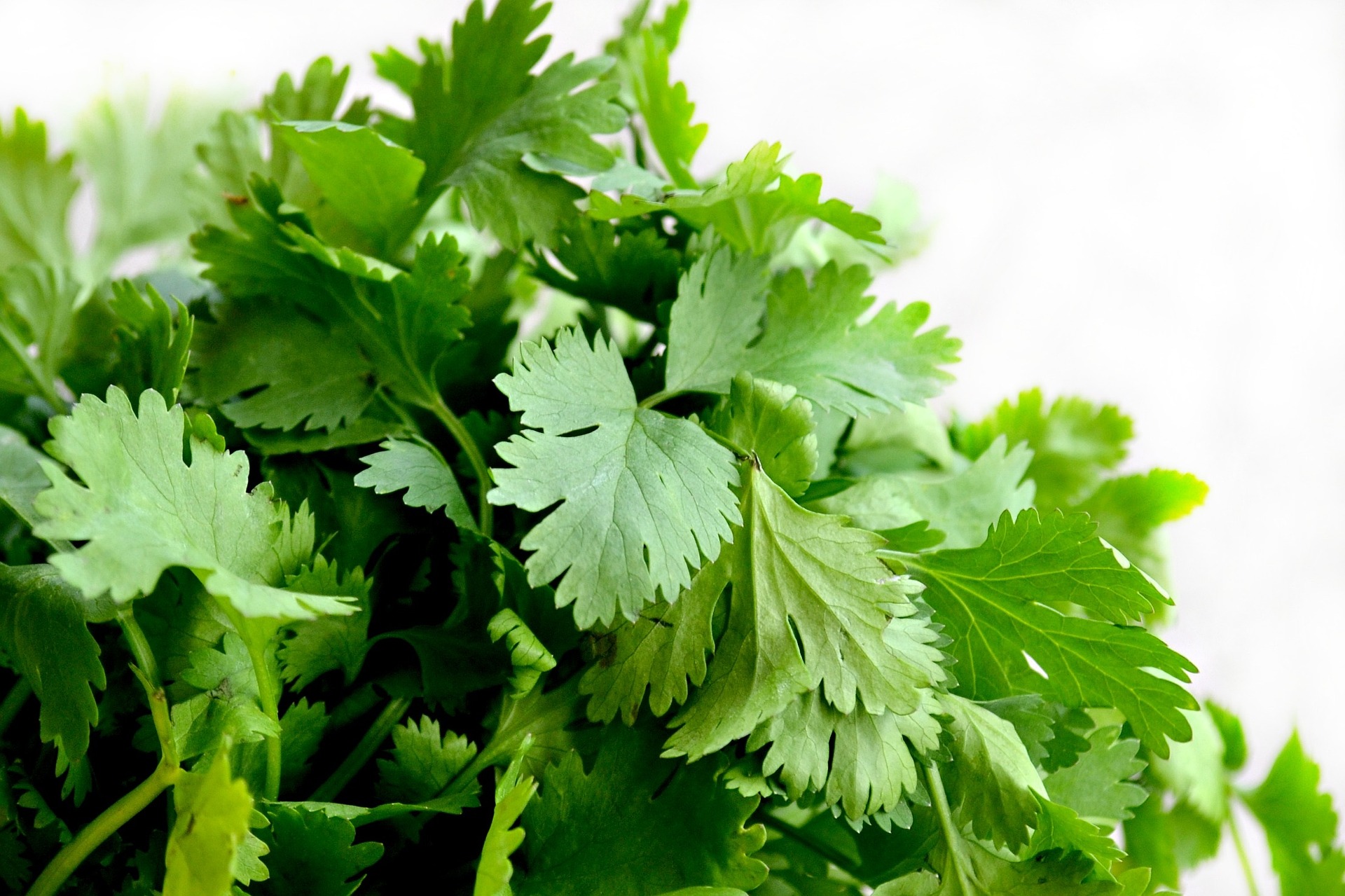
Coriander, also known as cilantro or Chinese parsley, is a fragrant and flavorful herb that packs a serious nutritional punch. It is especially high in magnesium, with just one tablespoon delivering 16% of the recommended daily value.
But it offers more than just this important mineral. Coriander contains beneficial vitamins such as vitamins A, C, and folate. It also provides sufficient amounts of iron, sodium, and potassium. Adding this delicious herb to meals can easily sneak in some extra nutrition without sacrificing flavor.
When eaten raw, it has a pungent kick, so add it sparingly to dishes such as salads or tacos. However, when cooked or roasted, coriander mellows out nicely while retaining much of its nutritional content. For example, using some coriander when roasting root vegetables infuses them with great flavor and adds nourishing micro-nutrients like manganese and dietary fiber to the dish.
4. Tarragon
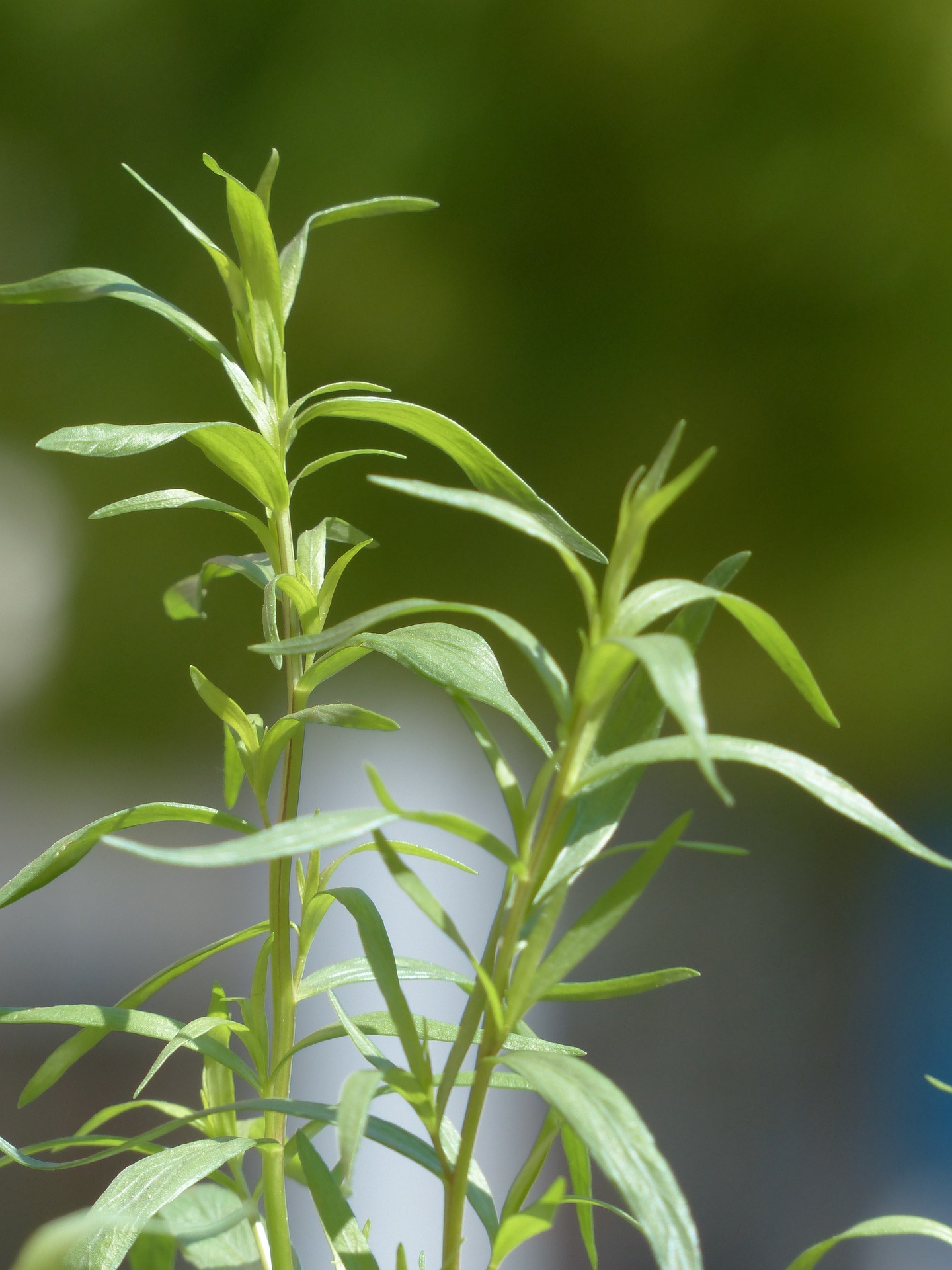
Tarragon, one of the most esteemed herbs used in cooking, is surprisingly high in magnesium! This wonder herb has been sought after by chefs and diners alike for centuries thanks to its ‘anise-like’ flavor, which is great to use with poultry or fish. But that’s not all – magnesium also plays a crucial role in several metabolic processes, including protein production and healthy bones.
What may come as a surprise is just how much magnesium is actually found in tarragon – it’s astonishingly high! And with multiple other vitamins and minerals like zinc and vitamin B6, tarragon can be perfect for any meal.
So why not oil some chicken or salmon up, add a sprinkle of tarragon, and get your daily dose of magnesium? It doesn’t take an experienced chef to make something delicious with this herb!
5. Mint
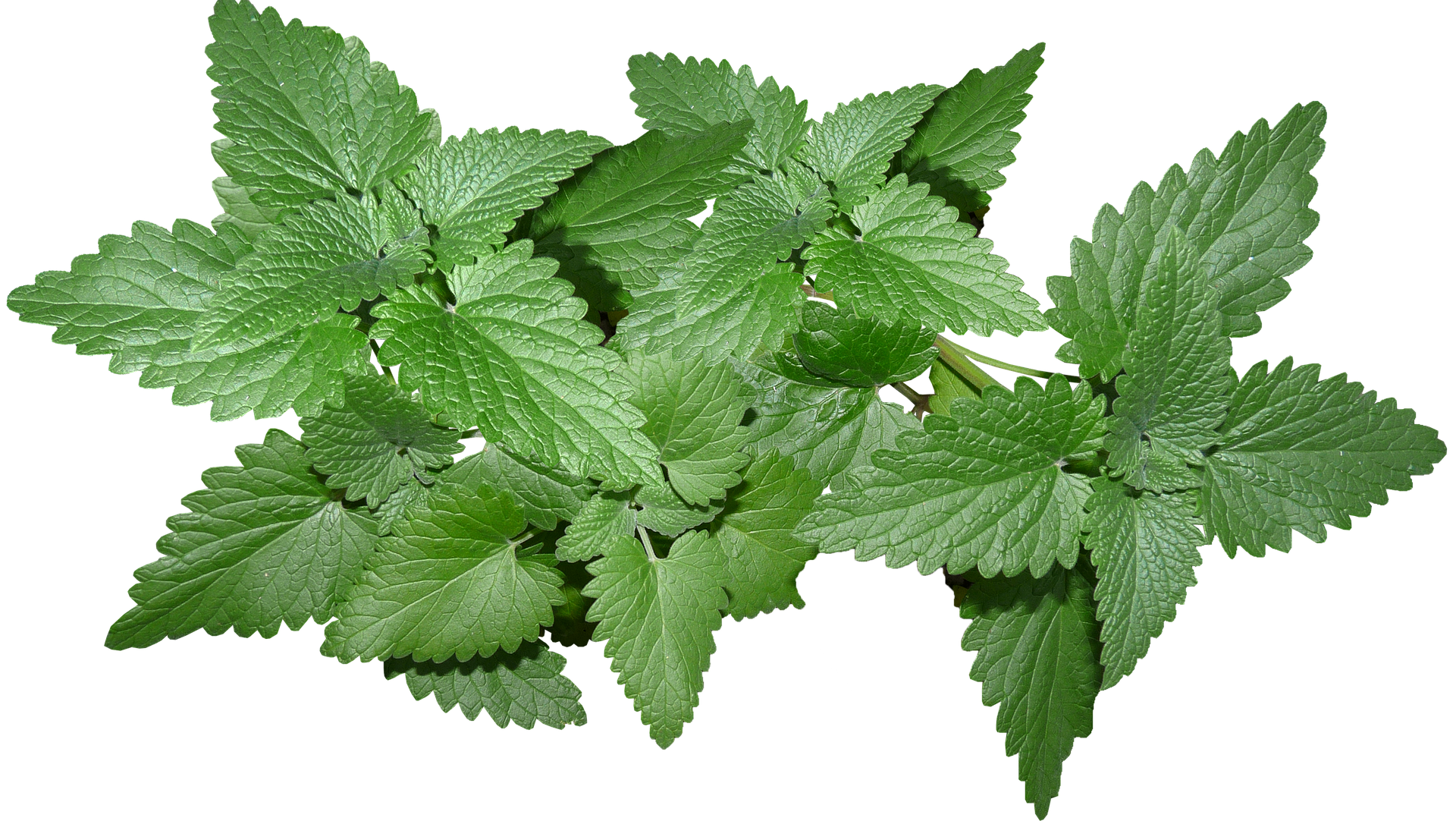
Mint is one of the powerhouse ingredients. Its unique flavor and medicinal properties have been prized since ancient times. Modern scientific research has only proven what our ancestors already knew – that mint is a miraculous herb packed with nutrients. In regards to its magnesium content, mint is quite abundant in this mineral, providing 422 mg per 200cal! It’s no wonder that mint can help ease tension and generally contribute to a healthier body.
Not just magnesium either; containing high levels of iron, calcium, carbohydrates, and essential fatty acids, eating mint also helps boost the immune system and improve brain functioning. Moreover, it can protect against certain types of cancer and assist in digestion when consumed regularly. Finally, you don’t need to break the bank to enjoy these benefits; mint is fairly easy to purchase from your local grocery store!
6. Marjoram
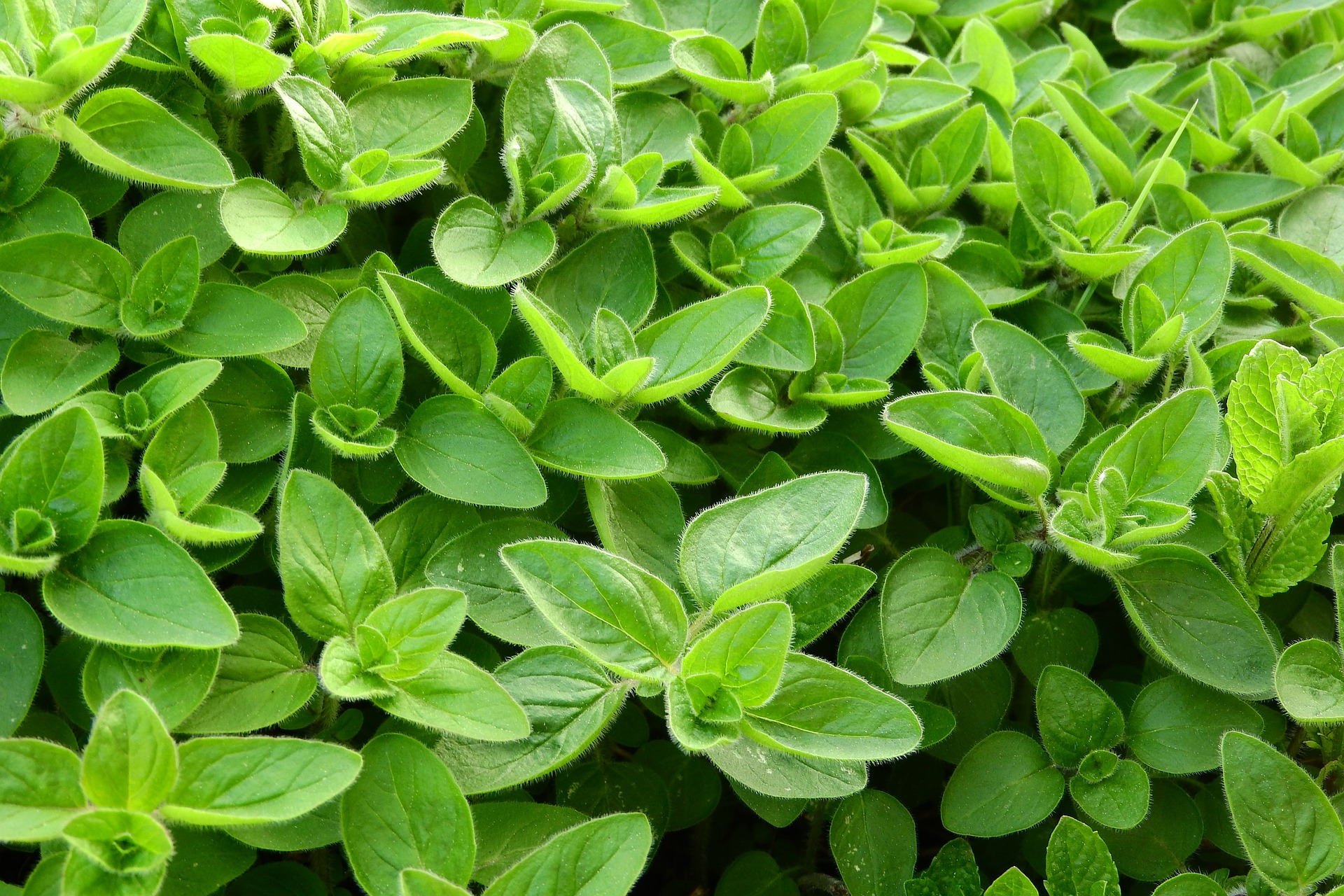
Marjoram is a popular seasoning and medicinal herb with a lemony, slightly-bitter taste that pairs well with roasted vegetables, fish, soups, and stews. What’s more remarkable is the nutrient content of marjoram – it’s one of the powerhouses of minerals and other nutrients.
Two hundred calories of marjoram contain 225 milligrams of magnesium. Additionally, it contains considerable amounts of manganese, zinc, and vitamins A and C. The healing qualities attributed to marjoram are numerous, too. It can be used as an antiseptic to stimulate circulation and digestion, prevent convulsions, and even promote sleep.
7. Sage
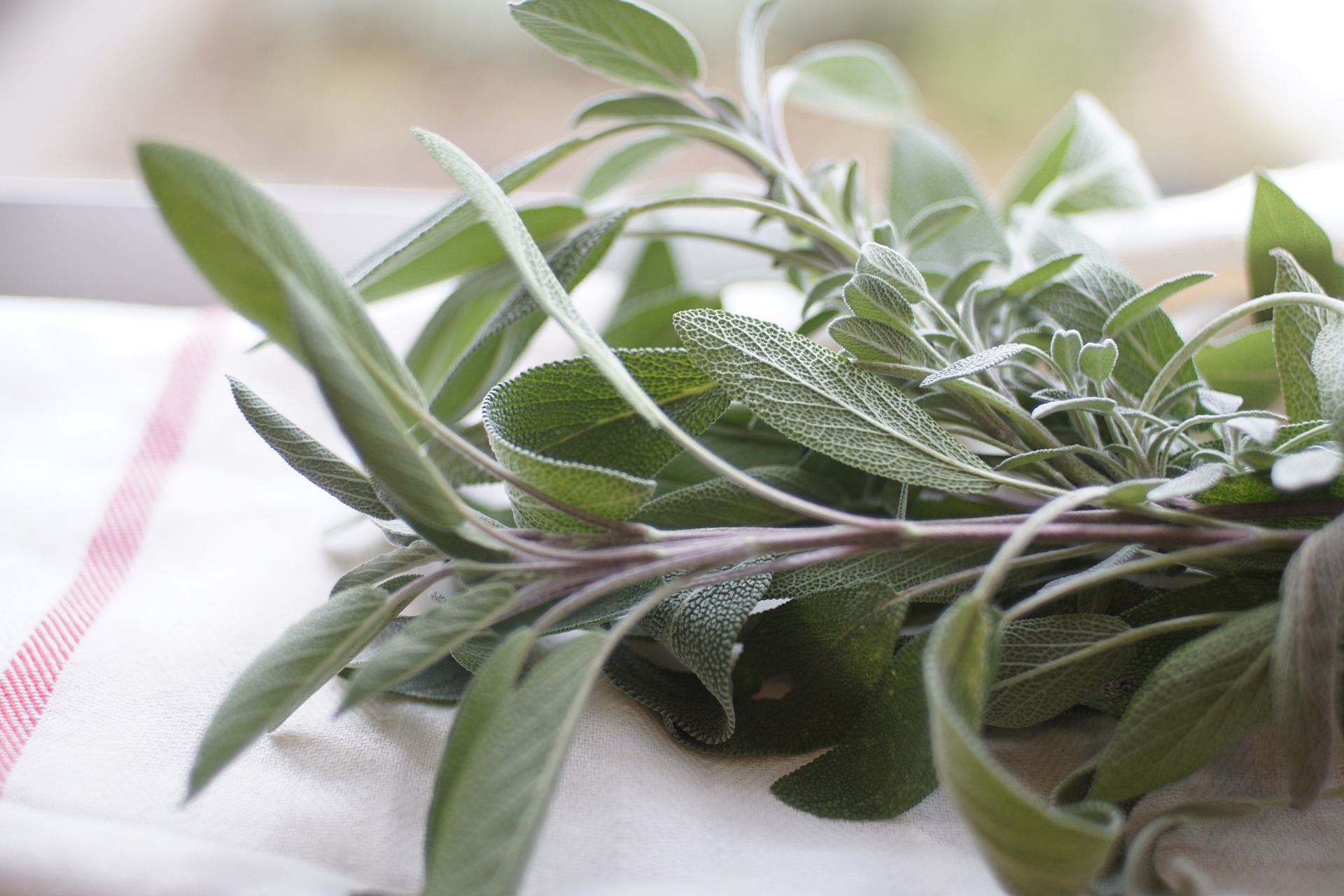
Sage is a well-loved herb in many kitchens around the world, and for a good reason! Not only does it have an earthy, savory taste that elevates all kinds of dishes, but it also packs a nutrient punch. It turns out that sage is particularly high strength magnesium content, with about 272 mg per 200 cal. That means adding a tablespoon or two to your meal can boost the amount of magnesium you take in.
Plus, sage contains plenty of vitamins A and C and calcium and iron to help you stay healthy overall. Next time you reach for the sage at the grocery store, keep in mind just how nourishing it really is!
8. Savory
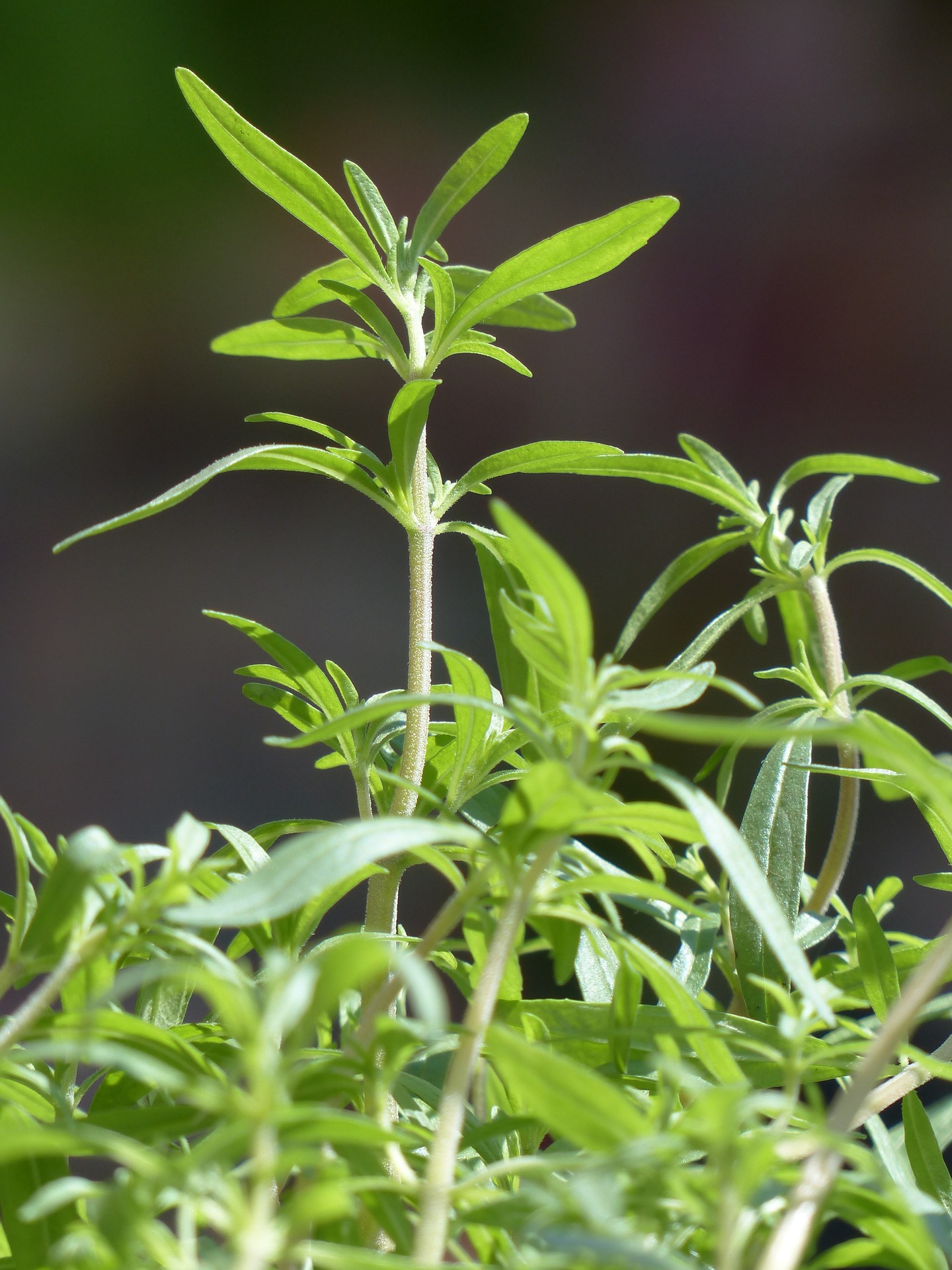
Savory is an aromatic herb that belongs to the mint family. It’s less well-known than other fresh herbs, but chances are you’ve encountered it in a few recipes. Savory typically comes in two varieties – summer savory and winter savory – and either can be used to season dishes with their peppery flavor. The most important thing about savory is its surprisingly high amounts of magnesium – 277 mg per 200 cal!
Magnesium is important in a healthy body, helping keep your heart beating regularly and your bones strong. Savory also provides phosphorus, calcium, iron, zinc, copper, and vitamins A and C if you want those nutrients. So not only does savory provide one crucial mineral for your health, but it’s also valuable for several other nutrients!
9. Thyme

Thyme is a flavorful, aromatic herb that has been used for many centuries to build flavor in dishes from around the world. In addition to tasting great, thyme also packs an abundance of nutrients, especially magnesium.
Magnesium can often be found in fish, dark leafy greens, nuts, and grains. But if you want to get a large dose of magnesium in one powerful punch, adding some thyme to your plate could be a wise choice.
Two hundred calories of this wonderful herb contain an impressive 317 mg of magnesium! This is far above the Recommended Daily Allowance (RDA), which may help support improved muscle and nerve function and energy production. Just as important are the other nutrition features like vitamin K and manganese—both super important nutrients too!
10. Dill
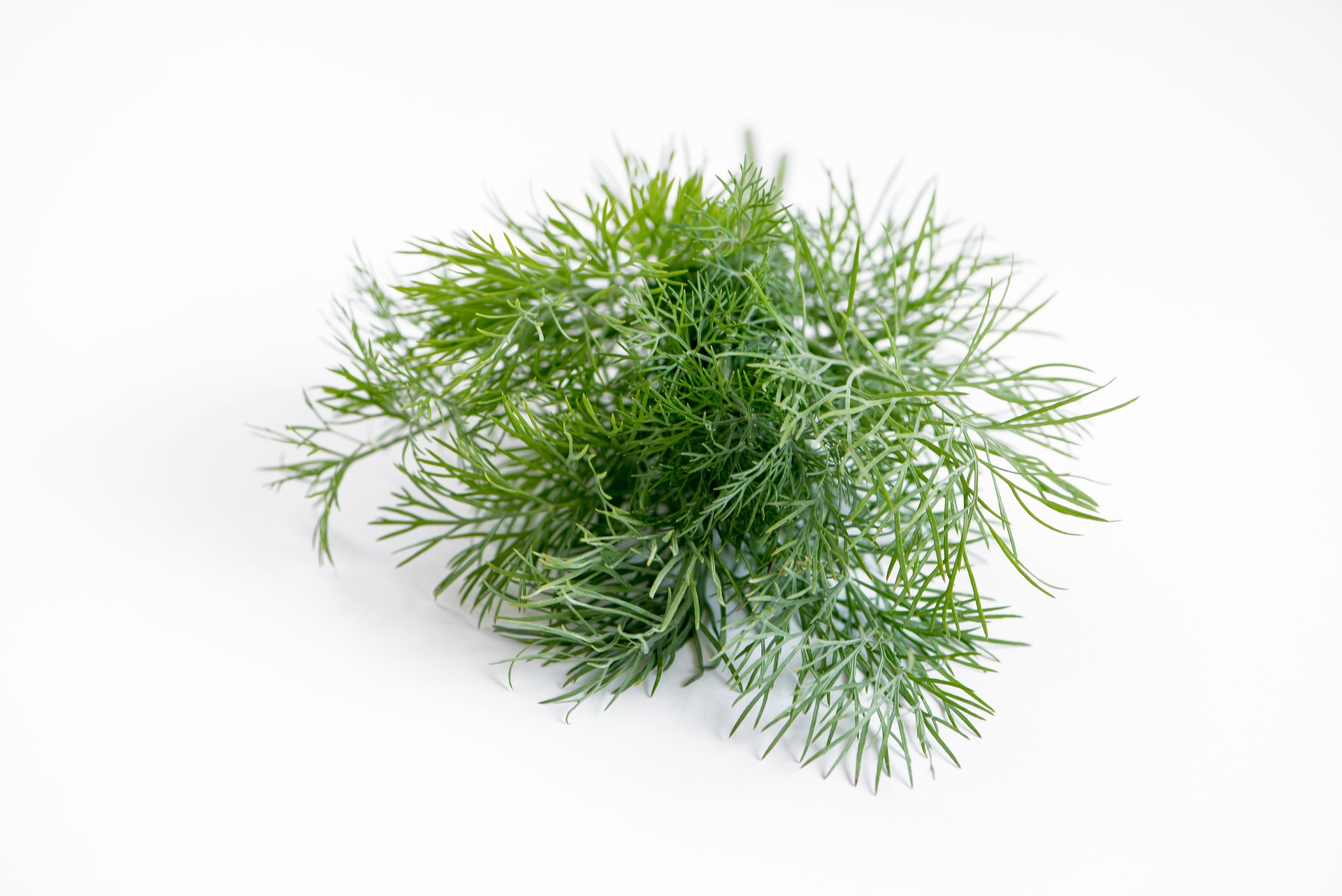
Dill is an aromatic perennial herb up to 0.5 m in height, which has been used for thousands of years for its flavor and medicinal properties. Besides being especially high in magnesium (357 mg per 200 cal), dill is also packed with a range of other great nutrients.
From vitamins A and E to calcium, iron, niacin, and riboflavin, adding dill to your diet can give you an amazing boost of essential vitamins and minerals. In addition, due to the oils found in dill leaves, it acts as an antispasmodic (relieving spasms) as well as helping digestion while providing some anti-inflammatory effects on the body.
Recipes With Magnesium-Rich Herbs
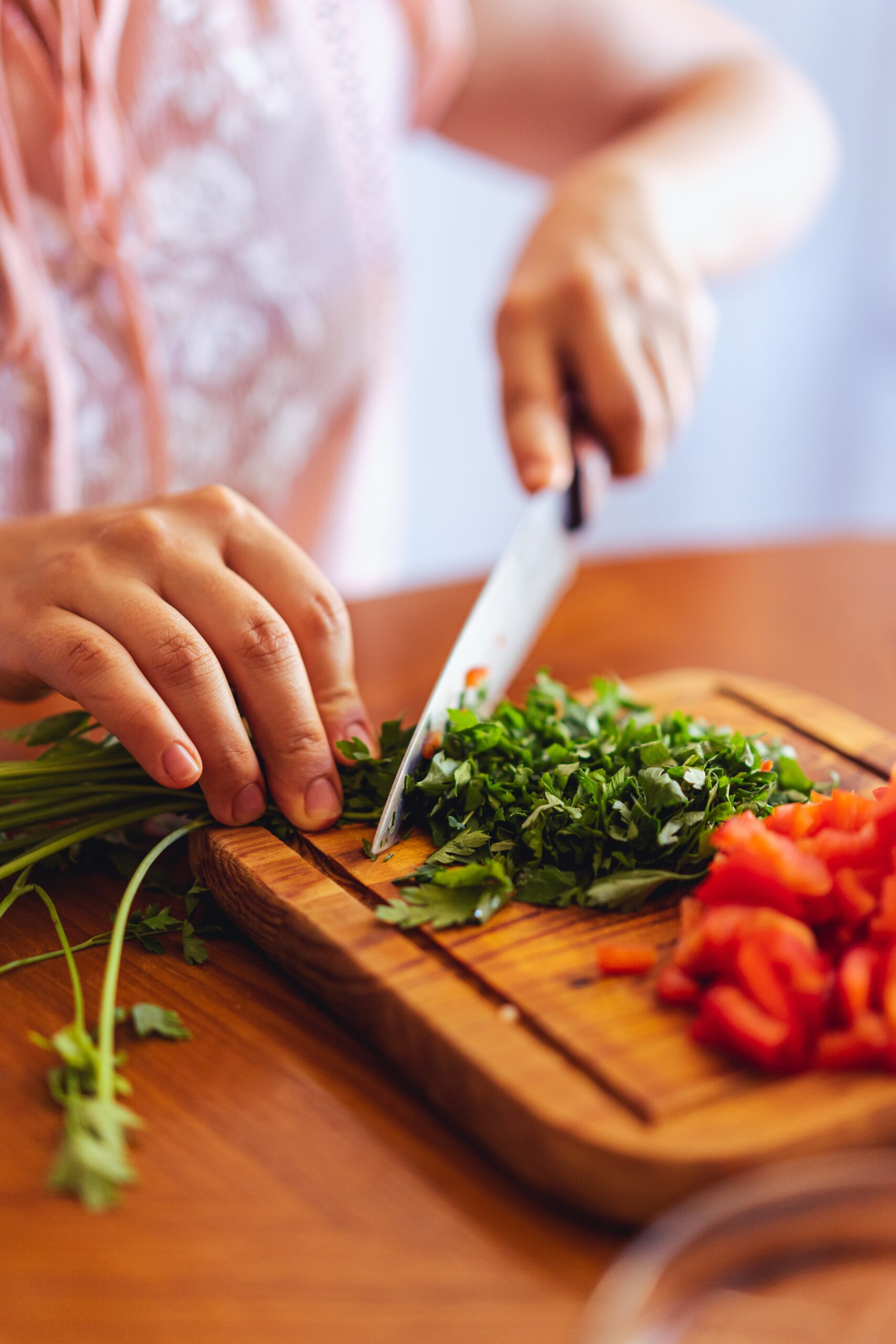
As you can see, plenty of herbs can add a healthy dose of magnesium to your meals. Here are some delicious recipes that make use of these herbs, so you can get health benefits and great flavor at the same time:
🍲 Marjoram Roasted Potatoes
Unlike many other recipes that require complicated mixes and steps, this one is simple yet still packed with flavor. All you need are potatoes, olive oil, minced garlic, marjoram, sea salt, and freshly ground black pepper.
First, simply preheat the oven to 400°F. Then cut the potatoes into equal sizes and combine them in a large bowl along with all of the herbs and spices. Once combined, pour in some olive oil and mix everything together until evenly distributed.
Finally, transfer it all onto a baking sheet lined with greased parchment paper. Then, bake for 25-30 minutes until crispy on the outside – perfect!
🍲 Sage-infused Cornbread
If you’re wondering how to make this tasty treat, it’s really simple! All you need is some butter, sugar, egg, milk, flour, baking powder, and sage leaves. Start by preheating your oven and then combine the melted butter with sugar and egg in one bowl.
Mix the milk and sage leaves in another bowl until they are well combined. Then add in the remaining dry ingredients like flour and baking powder. Finally, when everything is mixed, pour the mixture into a greased 8×8-inch pan and pop it into the oven!
About 30 minutes later, your fragrant cornbread will be ready to enjoy – so get baking!
🍲 Minty Green Smoothie
The essential flavor comes from mint leaves that lend a refreshing zing. Making the smoothie couldn’t be easier. Simply blend water, almond milk, coconut cream or yogurt, fresh or frozen fruits, herbs like banana, mangoes, pears, and the mentioned ingredients into your blender until creamy and smooth.
If you want to take it up a notch, add some maca powder or cacao nibs for added sweetness and nutrition. Serve chilled – an excellent breakfast or snack option that will energize you all day!
🍲 Parsley Pesto
Parsley pesto is an easy and tasty dish that is packed with magnesium. It’s so easy to make and is a deliciously flavorful way to get in some of the minerals our bodies need to stay healthy. One of the best things about this recipe is that it only takes 5-10 minutes from start to finish! All you need are fresh parsley, garlic, pine nuts, olive oil, sea salt, black pepper, and Parmesan cheese.
To make it, simply put those ingredients into a food processor or blender with a tablespoon of water and blend until it reaches your desired texture. Serve it over zoodles or quinoa for an extra boost of protein, healthy fats, and magnesium richness – yum! Garnish with extra Parmesan cheese if desired. Parsley Pesto can be enjoyed warm or cold – whatever tickles your taste buds!
🍲 Basil-infused Water
Making Basil-infused Water for a magnesium-rich herbal beverage can be as easy as plucking some fresh basil from your garden or buying some from the grocery store. The first step is to fill a pitcher with cold water, then add in whole basil leaves and gently muddle them to release their flavor. You can let it sit overnight if that’s more convenient!
After that, you’re free to enjoy your delicious basil-infused water, which contains many essential minerals like magnesium. Be sure to refrigerate and drink it within one or two days for the best results!
Frequently Asked Questions
Q: Are there dietary supplements that contain magnesium?
Yes, there are indeed dietary supplements that contain magnesium. Magnesium is an essential mineral found in many foods we eat, such as leafy green vegetables, nuts and seeds, and even whole grains – but it can sometimes be difficult for us to get enough from our diets alone. That’s why dietary supplements are becoming so popular. They can help bridge the gap in ensuring we get the nutrients our bodies need.
Q: Is high blood pressure, muscle cramps, migraine, and nerve impulses related to magnesium deficiency?
When it comes to magnesium deficiency, many symptoms could be related. High blood pressure can indicate a lack of magnesium, as can frequent muscle cramps – both of which should not be ignored. Even severe headaches and migraine sufferers may find relief from taking a supplemental source of magnesium since it’s believed to help relax the muscles in the head and neck area. And finally, nerve impulses can be affected if you aren’t getting enough magnesium in your diet – this includes sensations of tingling or numbness in the extremities. In short, having too little magnesium in the body can cause a whole slew of physical issues!
Q: Does magnesium supplement help to reduce anxiety?
You see, a healthy stress response is extremely important for our bodies. Still, unfortunately, if our magnesium levels become depleted due to inadequate intake, it can cause the body to struggle with producing hormones needed for a healthy stress response. If you’re considering this, it’s important to speak to your doctor before increasing your intake. Magnesium exists everywhere in our healthy diet. However, some people might not be getting enough and therefore benefit from taking a supplement – but only when recommended by their physician.
Q: Is herbal tea an effective way of increasing magnesium intake?
Herbal teas are an easy and delicious way to help get your daily dose of essential minerals like magnesium. Many teas with potent antioxidant properties, such as chamomile, hibiscus, and rooibos, also contain significant magnesium levels. Drinking herbal tea regularly has been associated with improved bone health, reduced inflammation, and decreased stress hormones – thanks to its valuable magnesium content! Of course, like any other supplement or therapeutic remedy, speak to your doctor first before incorporating large amounts of herbal tea into your diet.
Q: Can these herbs be used fresh or dried?
Absolutely! Herbs can be used fresh or dried, depending on your preference and the use case. Some herbs, like parsley and basil, tend to work better in dishes when they are fresh since their flavor will be strongest in that form. On the other hand, herbs like thyme and dill are more pungent when they are dried. Therefore, if you’re looking to really get that herbal flavor in a dish, then using them dried is the way to go! Ultimately there’s no right or wrong answer here. It’s all about preference, so experiment and find out what works best for you!
Final Words
Although it is possible to take in magnesium through other sources such as supplements, eating herbs rich in magnesium is an excellent way to increase one’s intake naturally. Herbs such as basil and dill have impressive amounts of the mineral. Not only are they delicious to incorporate into your daily mealtimes, but their health benefits make them all the more desirable. With high amounts of this necessary mineral and countless vitamins otherwise unavailable from traditional sources, consuming magnesium-rich herbs is a fantastic way to get a little extra boost for your body.

